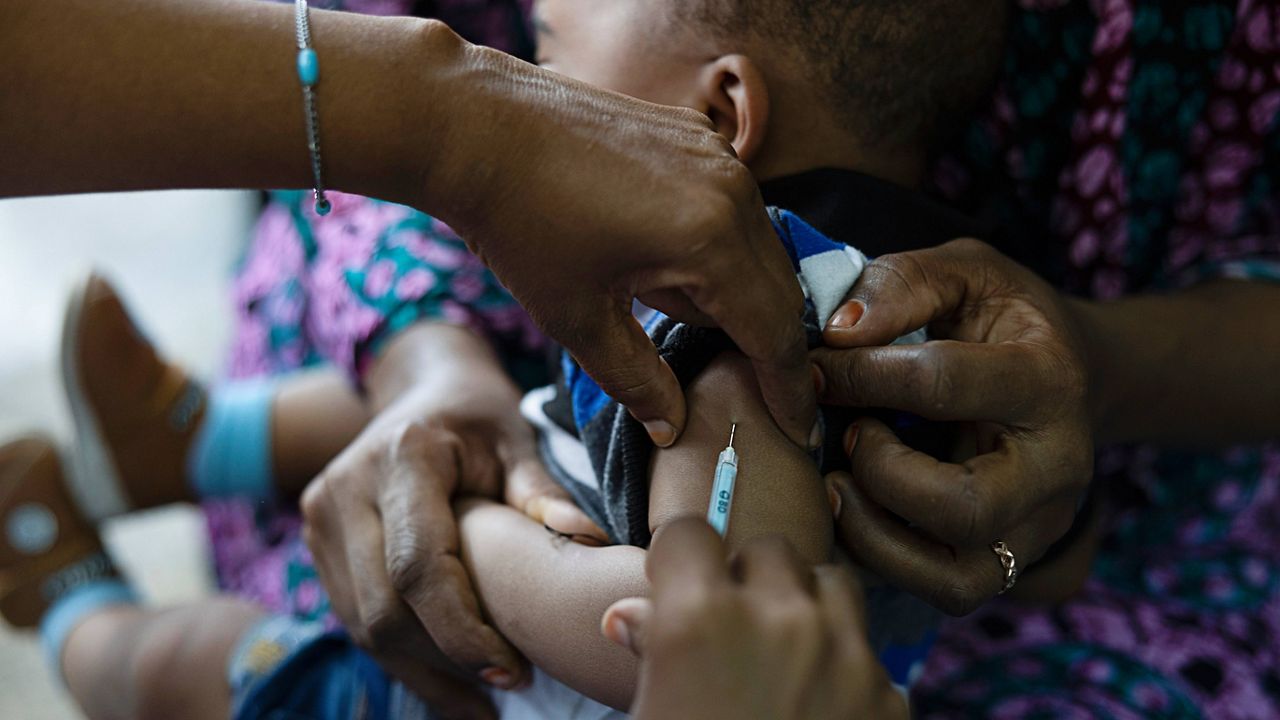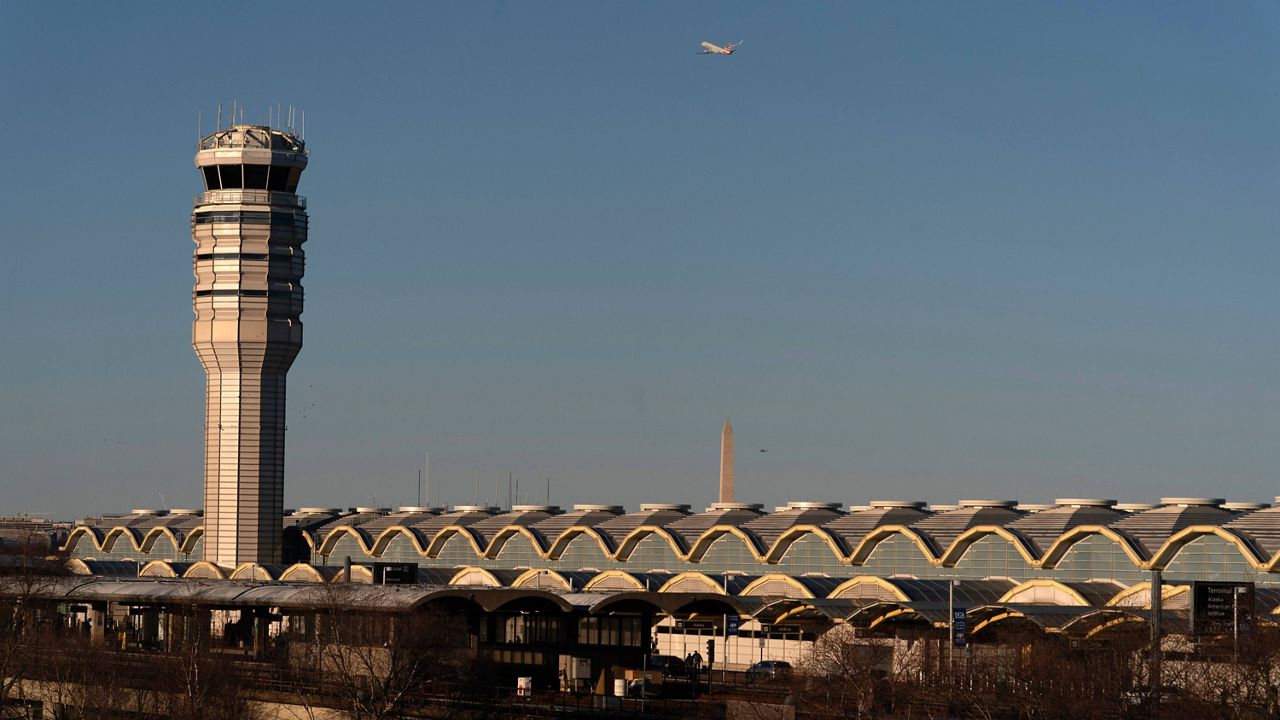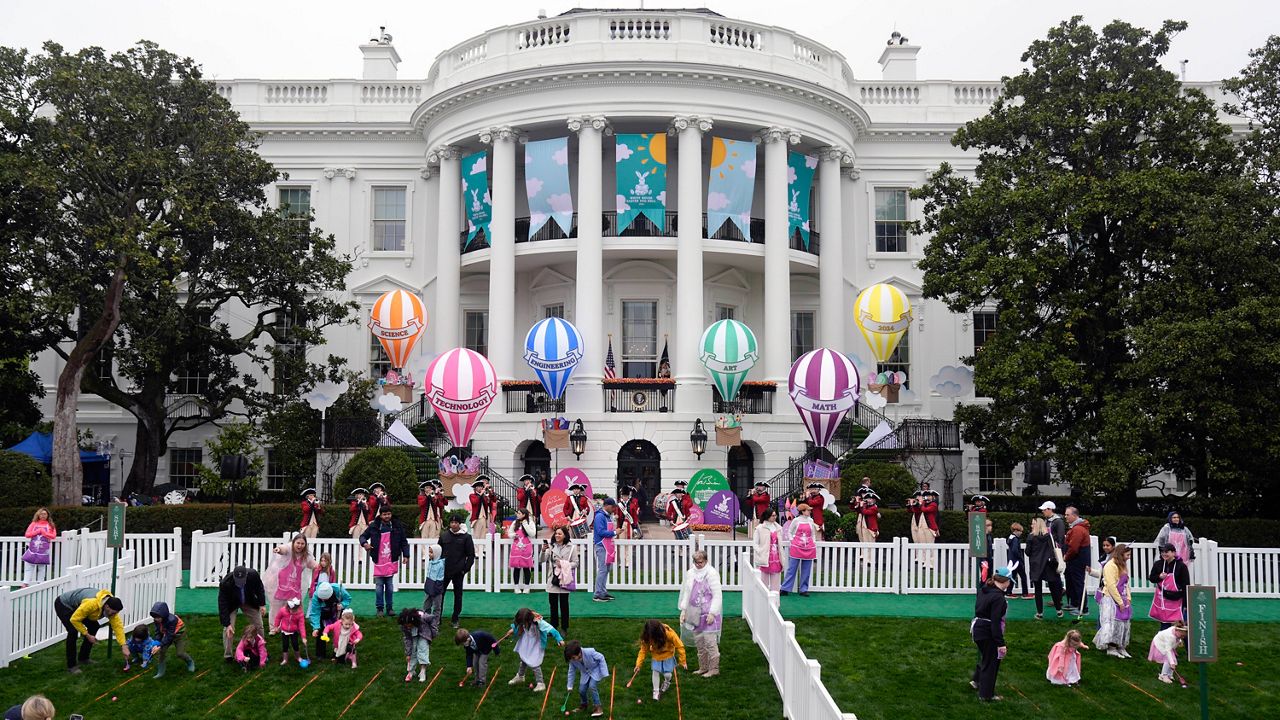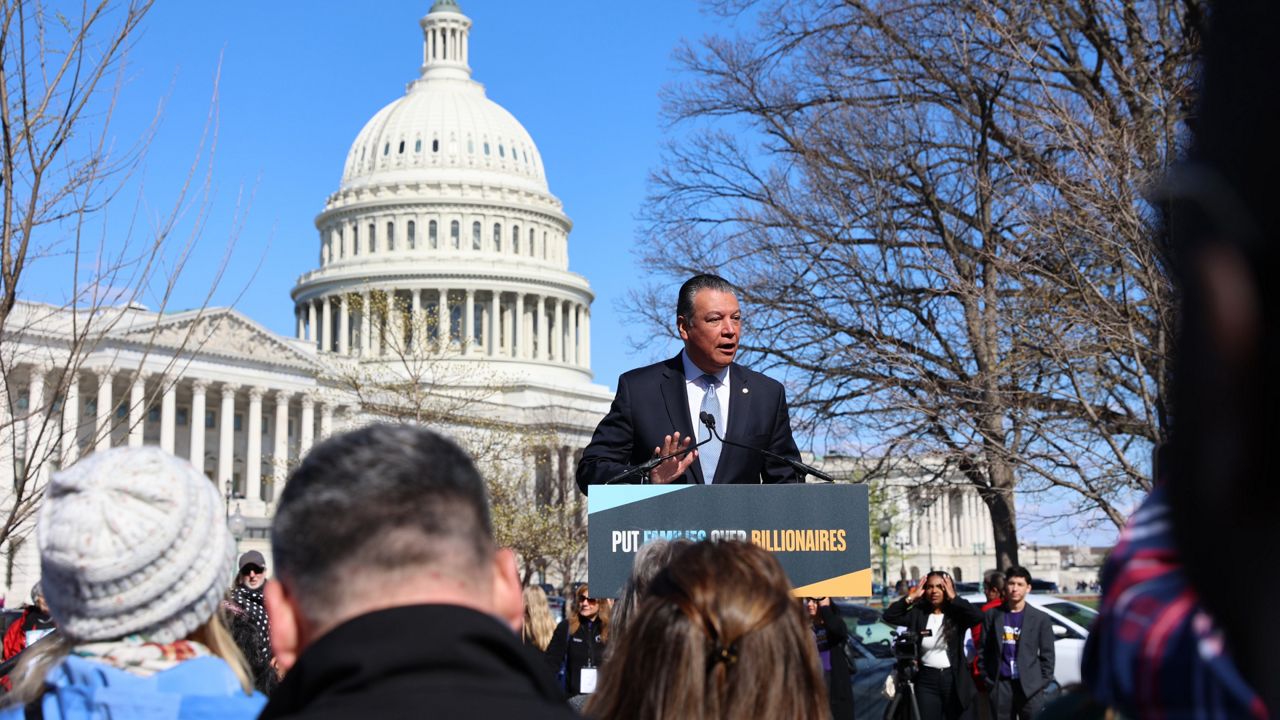It’s been more than a year since President Joe Biden signed into law legislation enabling people sickened by toxic water at Camp Lejeune to take legal action against the federal government.
But since the Camp Lejeune Justice Act became law, none of the more than 90,000 claims filed have been settled by the government.
Some of the claimants have died waiting for compensation.
Marvin Paul was one of them. As a U.S. Marine in the 1960s, he lived at North Carolina's Camp Lejeune on and off for four years -- a period when the government admits the base was laced with toxic water.
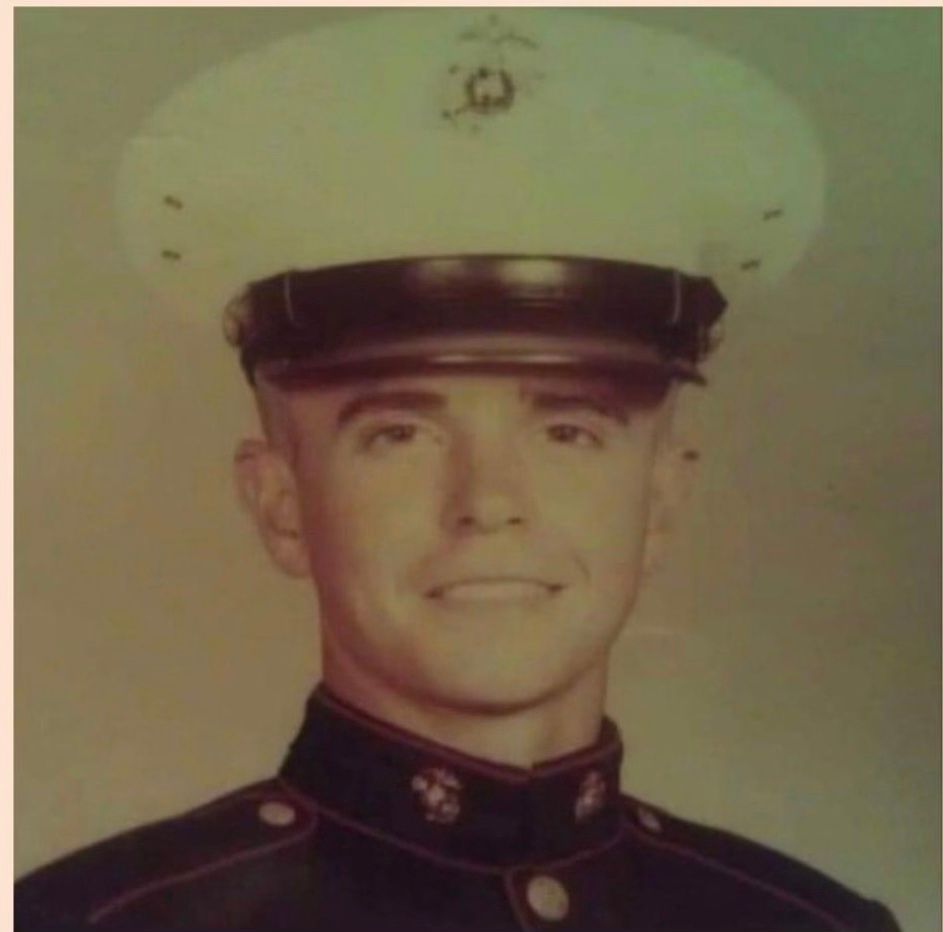
In 2009, Paul was diagnosed with bladder cancer. His daughter, Marla Little, believes it was directly tied to the water at Camp Lejeune.
Earlier this year, Paul filed a claim with the federal government, but he died in August before the claim was paid out -- one of a number of plaintiffs who’ve recently died awaiting settlements.
“The Marine Corps, their motto is ‘semper fidelis’, always faithful,” Little told Spectrum News. "But to me this screams 'we’re not faithful.'"
“I’ve lost my father, my mom’s last her husband, my child’s lost her 'paw paw,'" she added. "And it’s frustrating that he didn’t get to see that justice.”
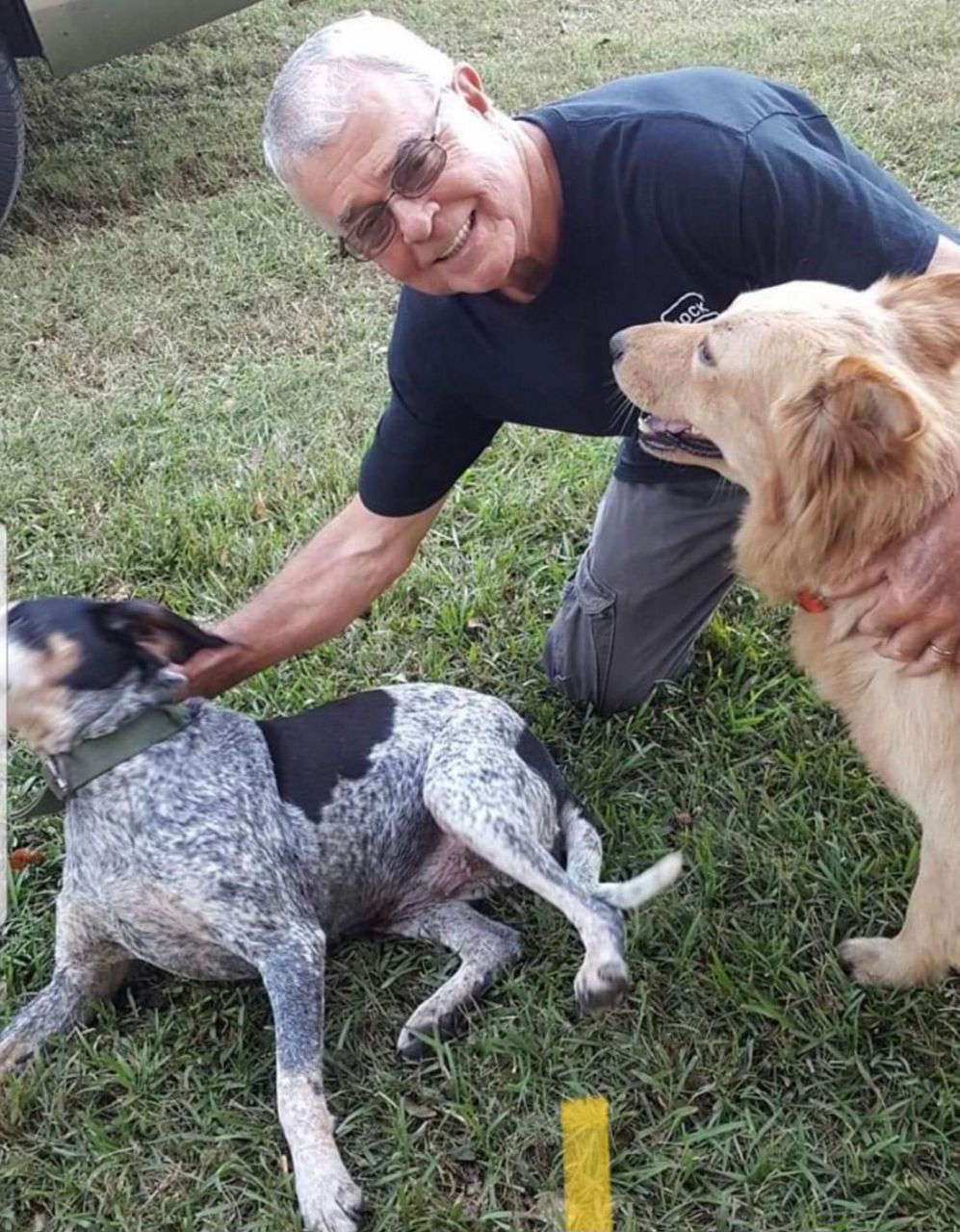
The federal government acknowledges that toxic water was on the base from 1953 to 1987, tainted by chemicals blamed for causing various cancers, Parkinson’s Disease and other illnesses in people associated with Camp Lejeune. The Camp Lejeune Justice Act was part of the broader PACT Act, which makes it easier for vets were exposed to toxins during their service to obtain help through the Department of Veterans Affairs.
Last week, the Department of Justice and the U.S. Navy released a plan to expedite the claims process for people sickened by Camp Lejeune’s water. They introduced a voluntary elective option for qualifying claims. It offers a guaranteed payment within a shorter time frame.
But some claimants are frustrated because they believe the planned payments under that option aren’t nearly high enough.
The Navy said it’s only a voluntary option and a way to speed up the process for people looking for quick settlements.
It comes too late for Paul. But his daughter says she’ll continue the fight.
“Those were some of his last words to me, to not let this end,” Little said, adding: “’Don’t stop, don’t let it end until we get justice.’”
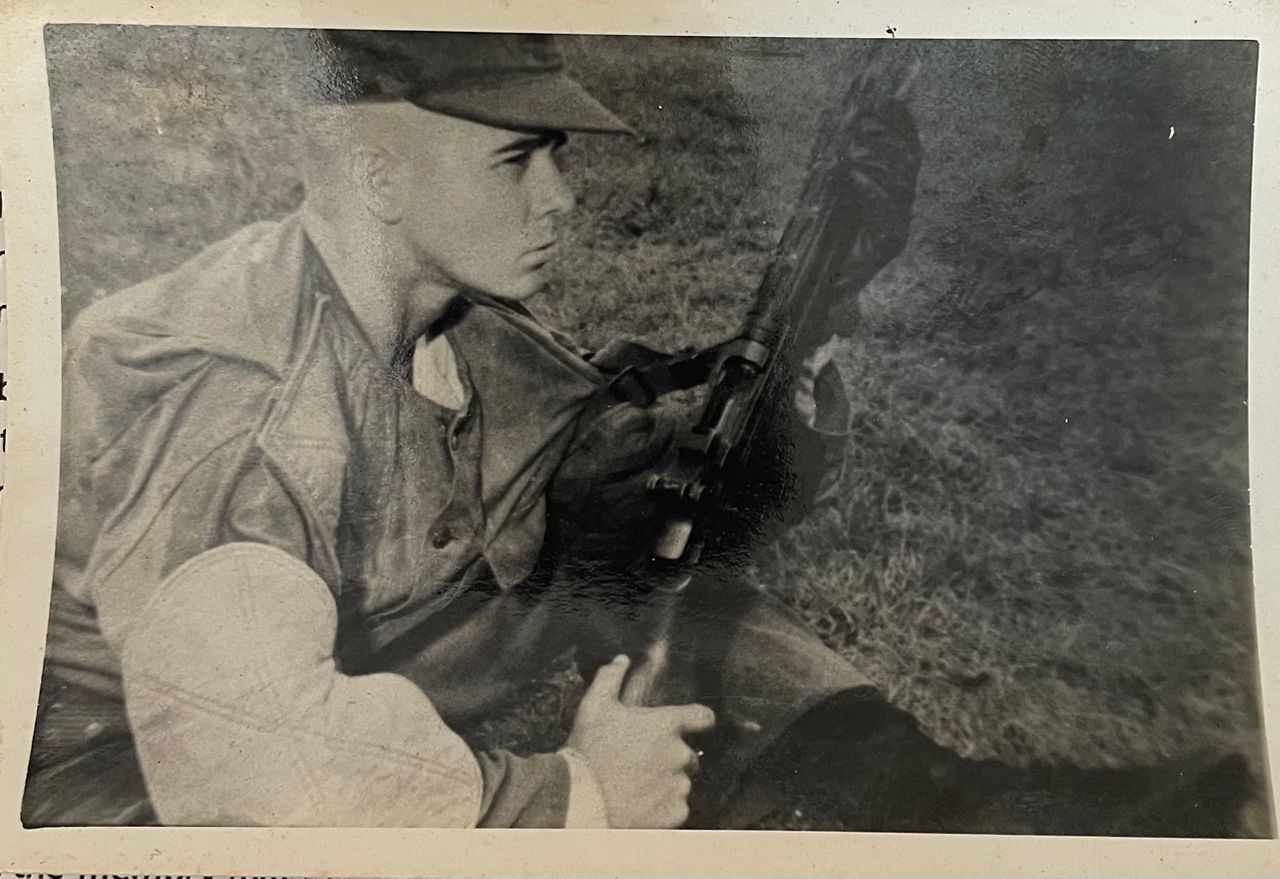
NOTE: This is Part 1 of a two-part series focused on Camp Lejeune.






